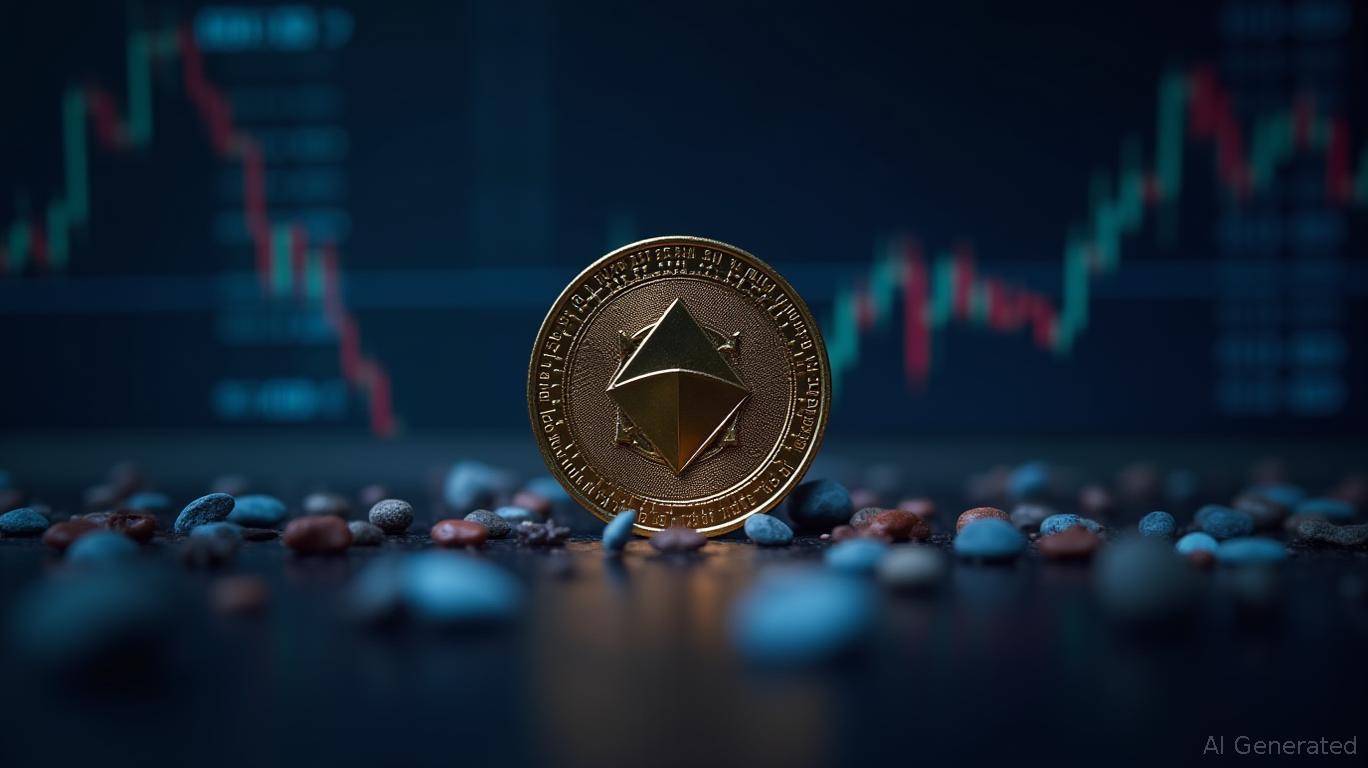GMGN's Efforts Against MEV: Transitioning from Vulnerabilities to Stronger Security Solutions
- GMGN denied security breach rumors, confirming a completed audit found no vulnerabilities and user funds remain secure. - The platform reimbursed 729 users affected by a BSC-based MEV sandwich attack between October 25-26, with automatic compensation. - GMGN acknowledged MEV attack sophistication, pledged security upgrades, and emphasized anti-MEV safeguards despite existing protections. - The incident highlighted DeFi MEV risks, prompting industry discussions on transaction ordering innovations and netw
GMGN, a prominent analytics and trading platform focused on memecoins, has refuted circulating claims of a security compromise and user fund losses, insisting that its system remains secure and all assets are safeguarded, as reported by a
This statement followed a separate event involving a maximal extractable value (MEV) sandwich attack that affected 729 transactions on October 25. GMGN reported that all impacted users had been compensated in full, with co-founder Haze confirming that reimbursements were finalized by October 26, according to a

GMGN's prompt response has received positive feedback on social media, with users applauding the platform's openness and efficiency. Those affected did not need to take any steps, as reimbursements were automatically deposited into their wallets. The company also emphasized its ongoing commitment to strengthening security, mentioning that its anti-MEV tools are under review for possible enhancements.
This event has brought renewed attention to the persistent challenges of MEV exploitation within decentralized finance (DeFi). MEV sandwich attacks involve automated bots placing trades before and after a user's transaction to manipulate market prices, often to the user's detriment. While GMGN offers users the option to activate anti-MEV protections, the incident highlights the advanced tactics employed and the ongoing risks facing DeFi platforms. Experts point out that such occurrences underscore the importance of continual improvements in transaction sequencing and network defense.
Despite recent disruptions, GMGN's handling of the situation has bolstered trust in its dedication to user safety. The platform's ability to quickly resolve both misinformation and technical issues demonstrates its strength in crisis management. As the cryptocurrency sector faces new and evolving threats, GMGN's approach stands as an example of proactive risk mitigation and effective communication with its community.
Disclaimer: The content of this article solely reflects the author's opinion and does not represent the platform in any capacity. This article is not intended to serve as a reference for making investment decisions.
You may also like
Ethereum Updates: ETHZilla Utilizes ETH Proceeds for Buybacks Amid Ongoing Crypto Community Discussion on Price Versus Value Risks
- ETHZilla sold $40M in ETH to fund buybacks, aiming to reduce its 30% stock-NETV discount by repurchasing undervalued shares. - Shareholder pressure from activist investor Semenikhin drove the strategy, aligning with industry trends seen at firms like SharpLink Gaming. - The move sparked debate: proponents highlight NAV boosts and short-covering, while critics warn of ETH price suppression risks. - ETHZilla retains $400M in ETH treasury post-sale, maintaining its position as a major public Ethereum holder

Cardano News Today: Cardano’s $0.63 Level Under Scrutiny—Will It Pave the Way to $1.70?
- ADA's $0.63 support level is critical for determining its path toward $1.70, with technical analysis highlighting a symmetrical triangle pattern. - A break above $0.63 could trigger a 157% rally to $1.75, while a breakdown risks a drop to $0.50, according to Coinotag and The Crypto Basic. - Fundamental catalysts include Cardano's gTLD initiatives and rising staking participation (70%), but whale activity has shifted to projects like Mutuum Finance. - Mixed market dynamics show 0.65% 24-hour gains but 38%

Verification Supersedes Guesswork: Noomez’s Open Burn Process Sets a New Standard for Trust in Crypto
- Noomez ($NNZ) introduces a 28-stage presale with escalating prices and automatic token burns to create scarcity and transparency. - Its deflationary model includes post-presale liquidity locks, staking rewards, and verifiable on-chain burns to reinforce trust. - The project aligns with crypto market trends favoring structured, utility-driven assets over speculative hype, attracting risk-aware investors. - A planned Noom Engine framework will automate governance and further reduce supply, though risks lik

SWC Shows Insider Confidence as 22% of Shares Held by Major Owners